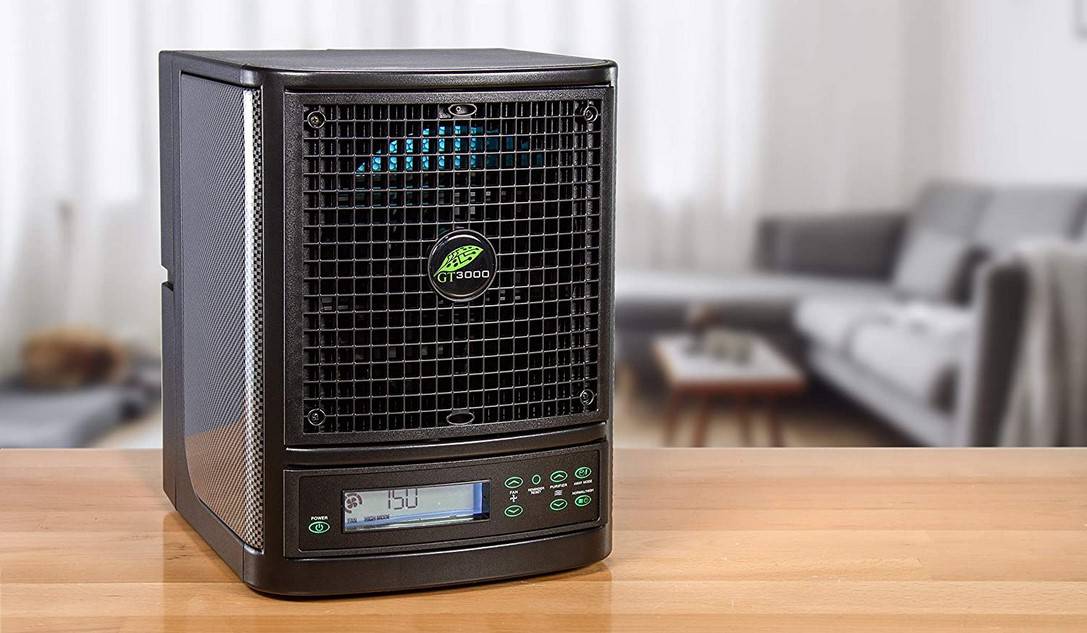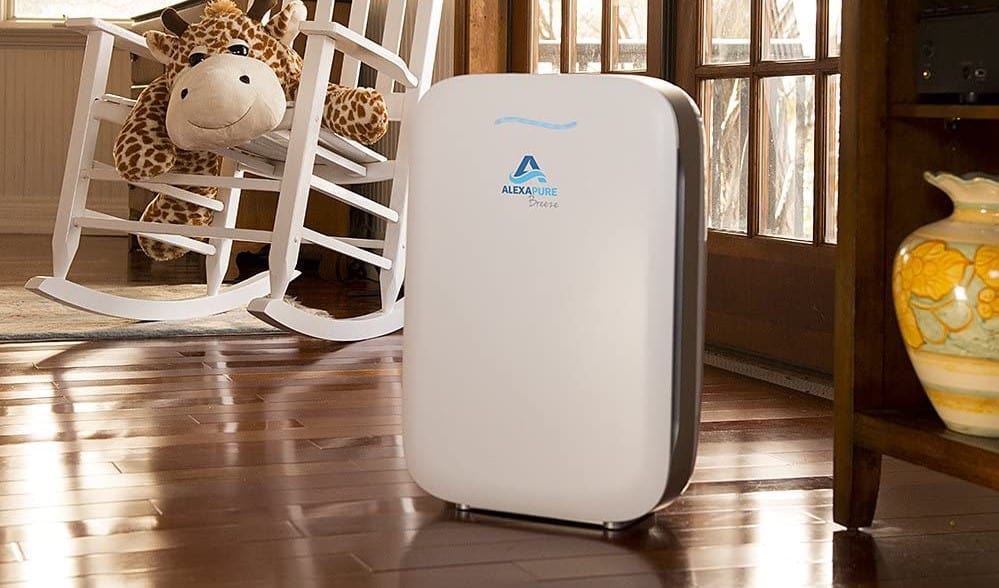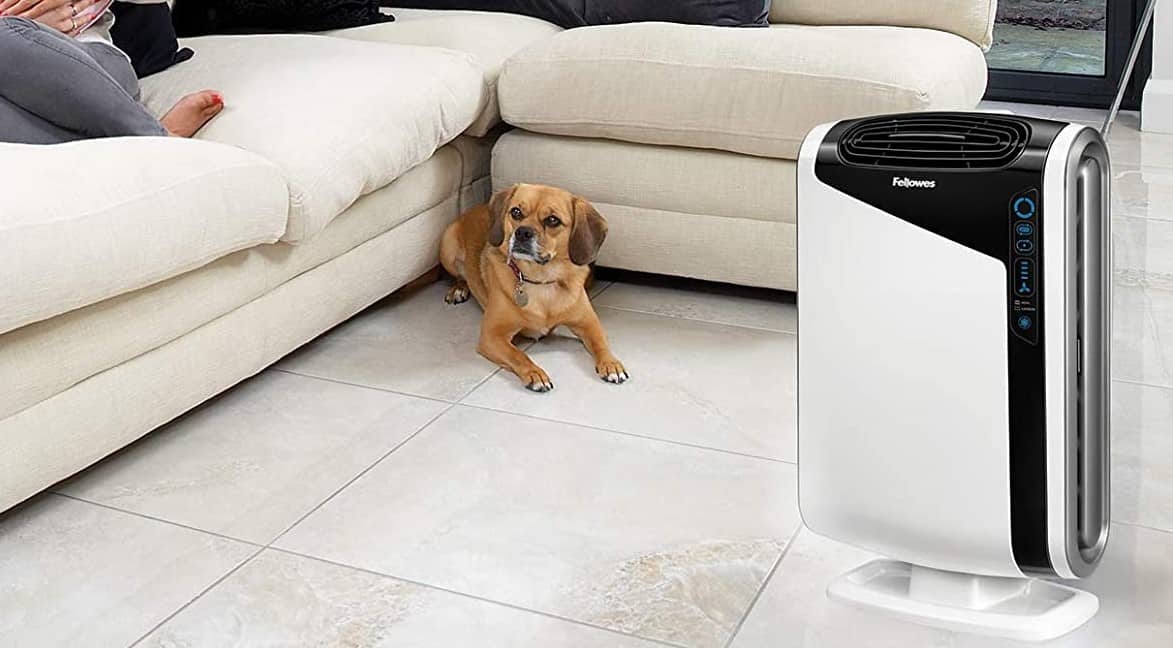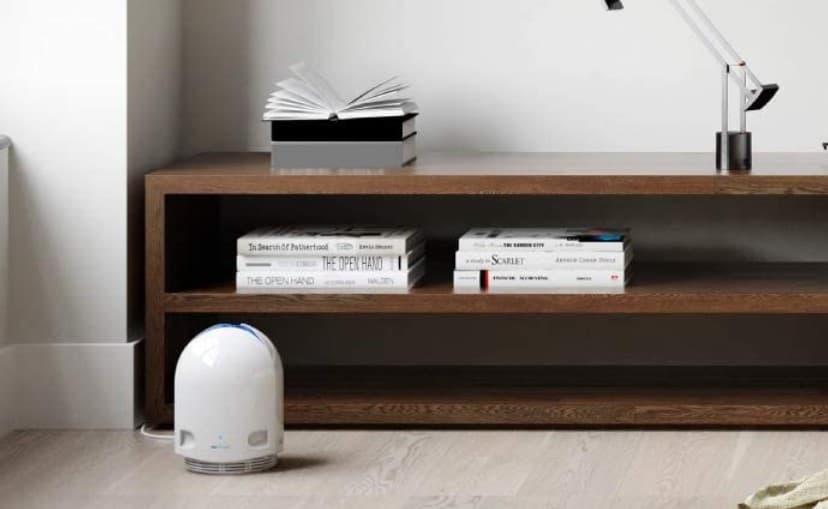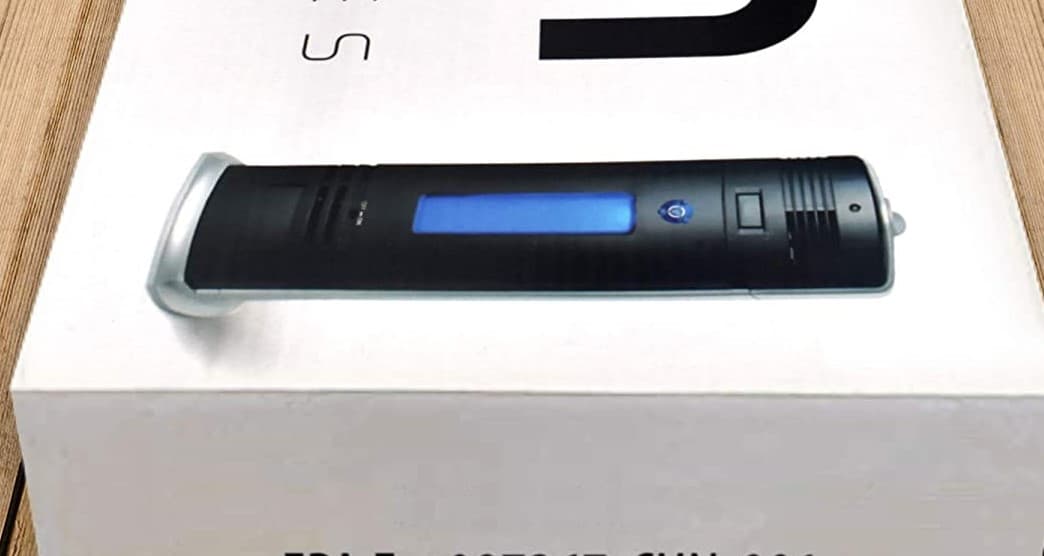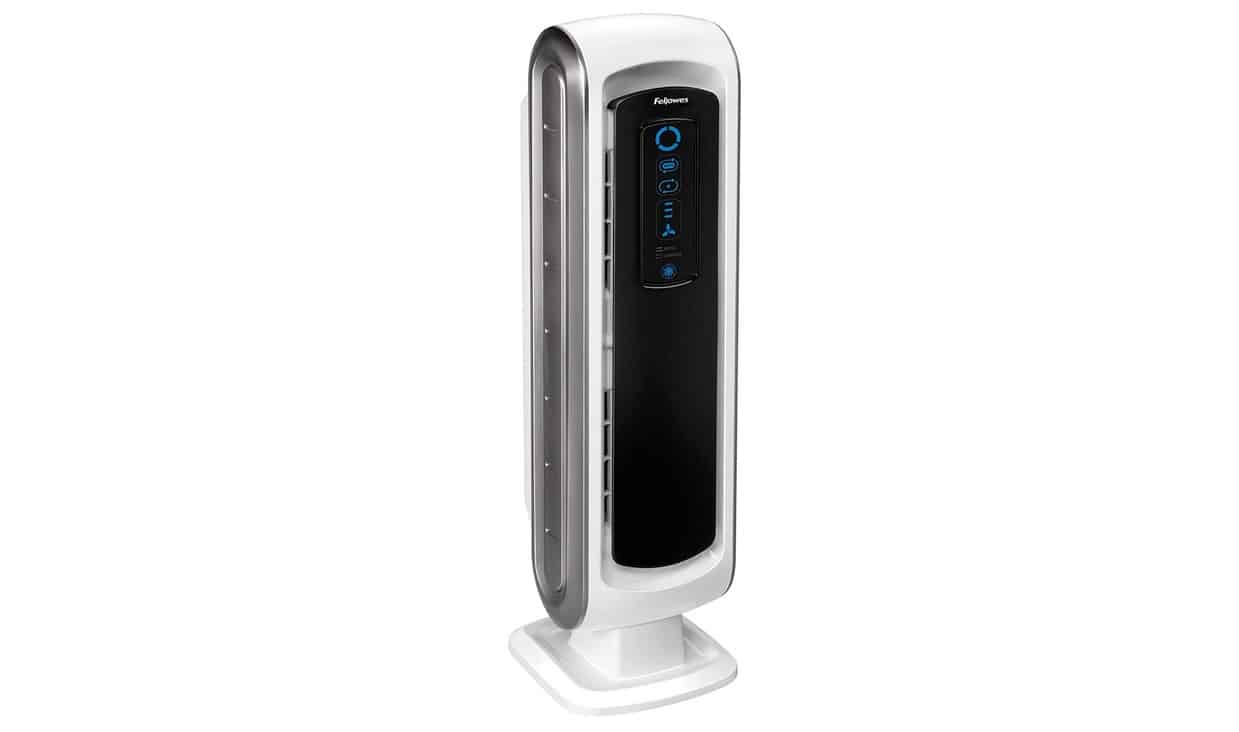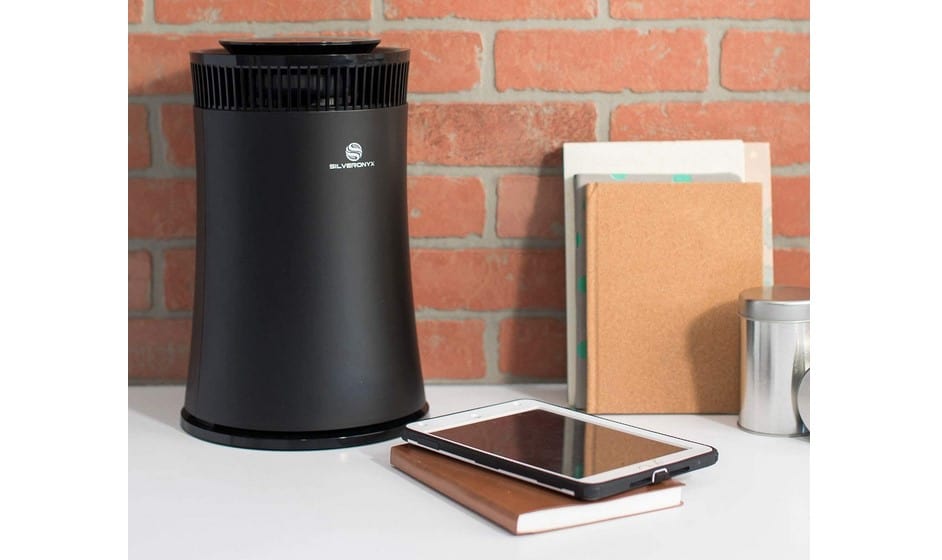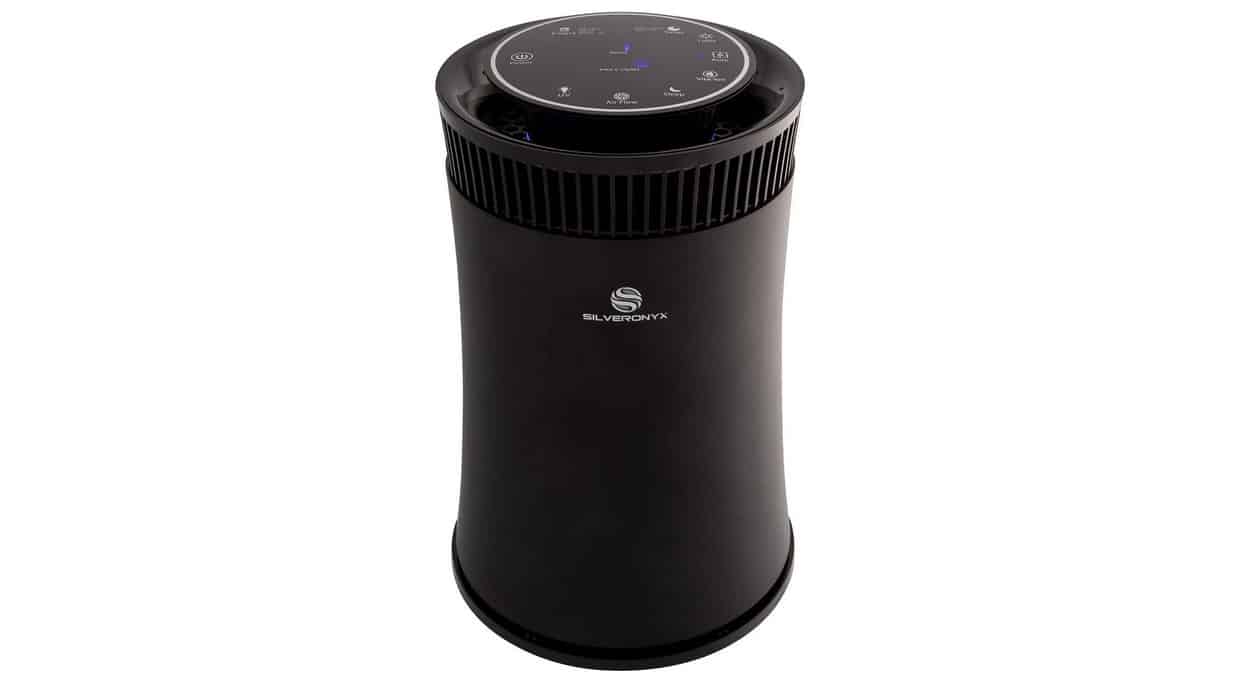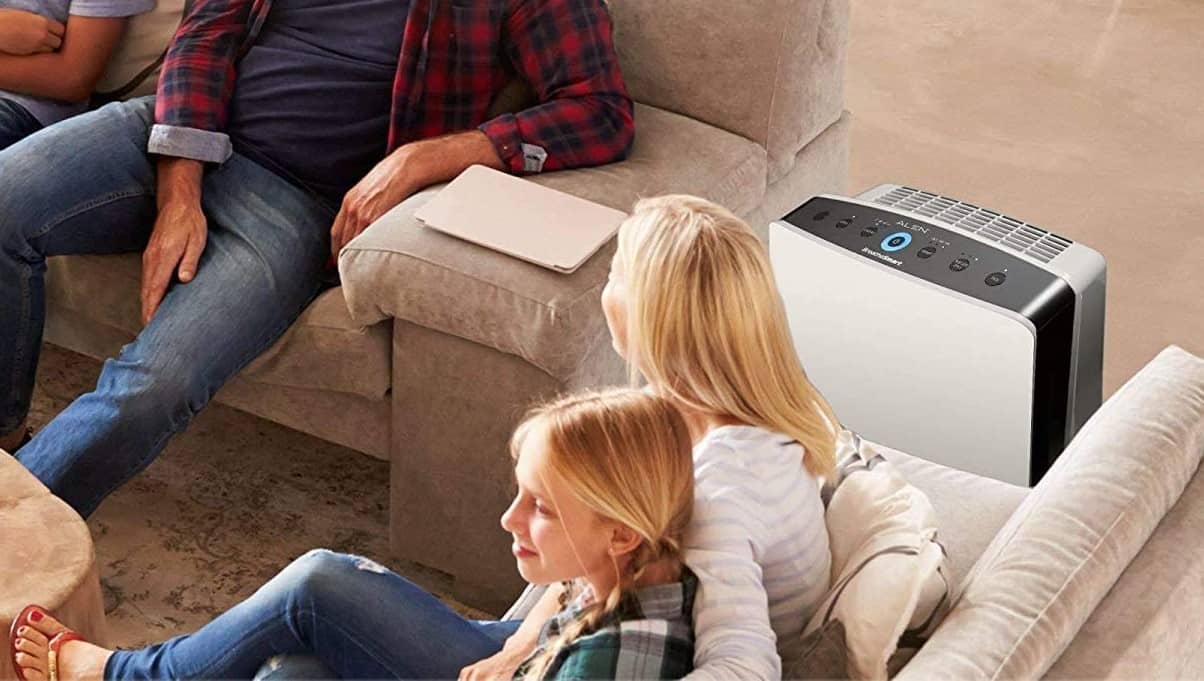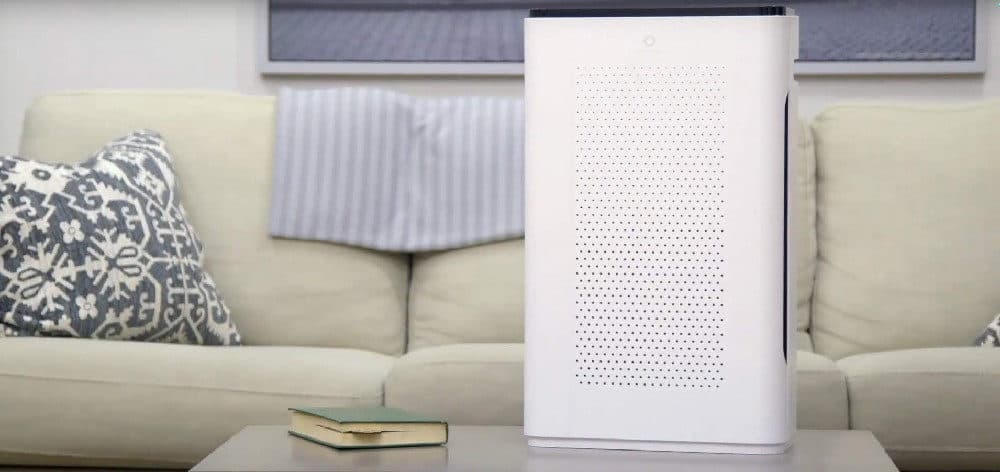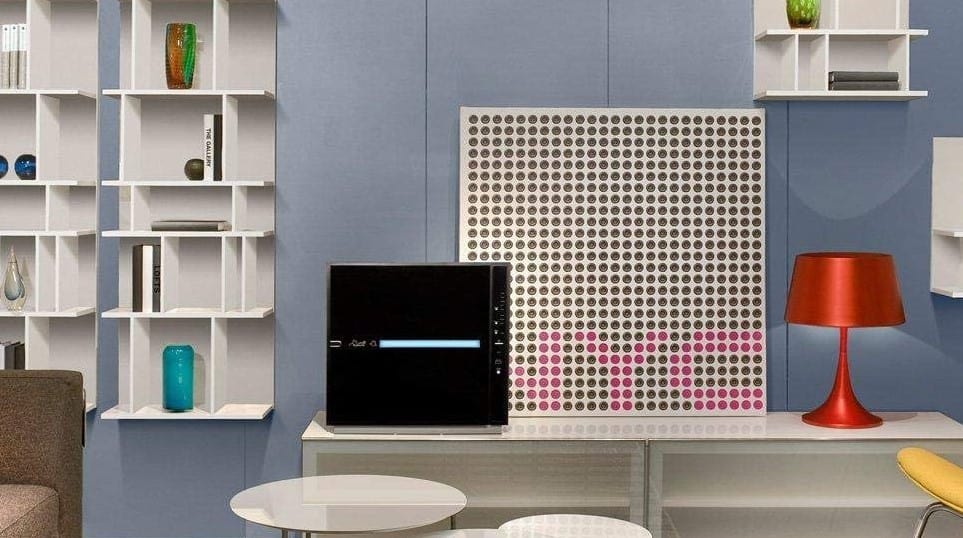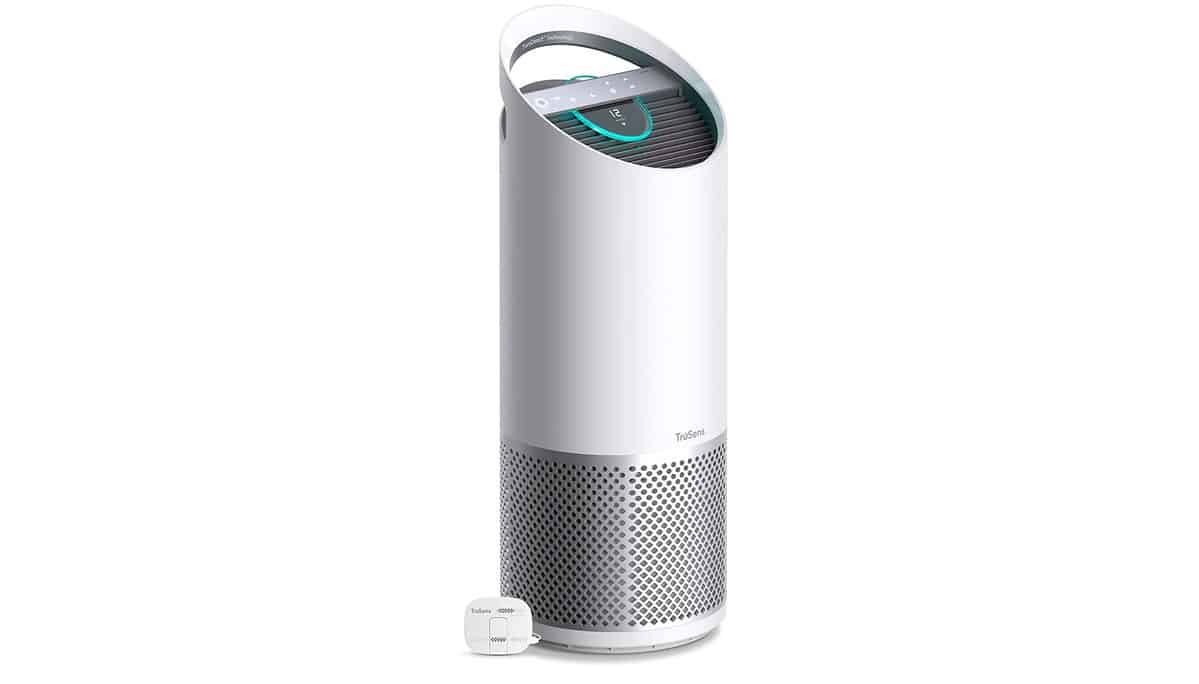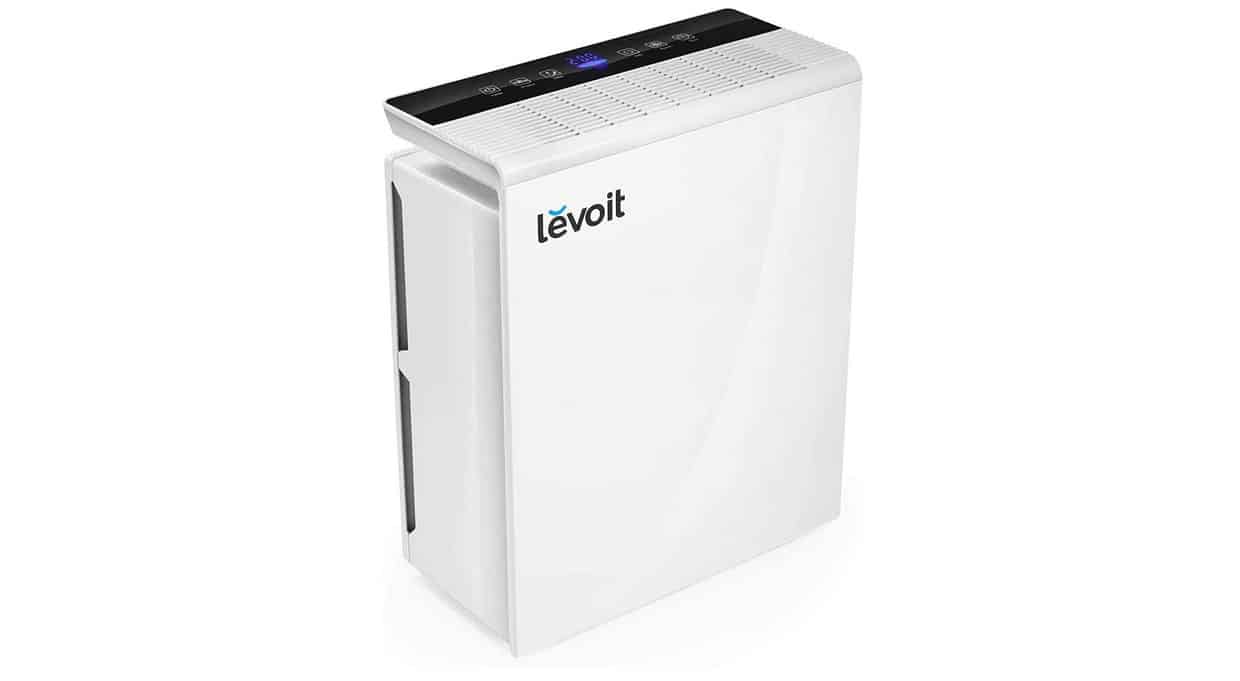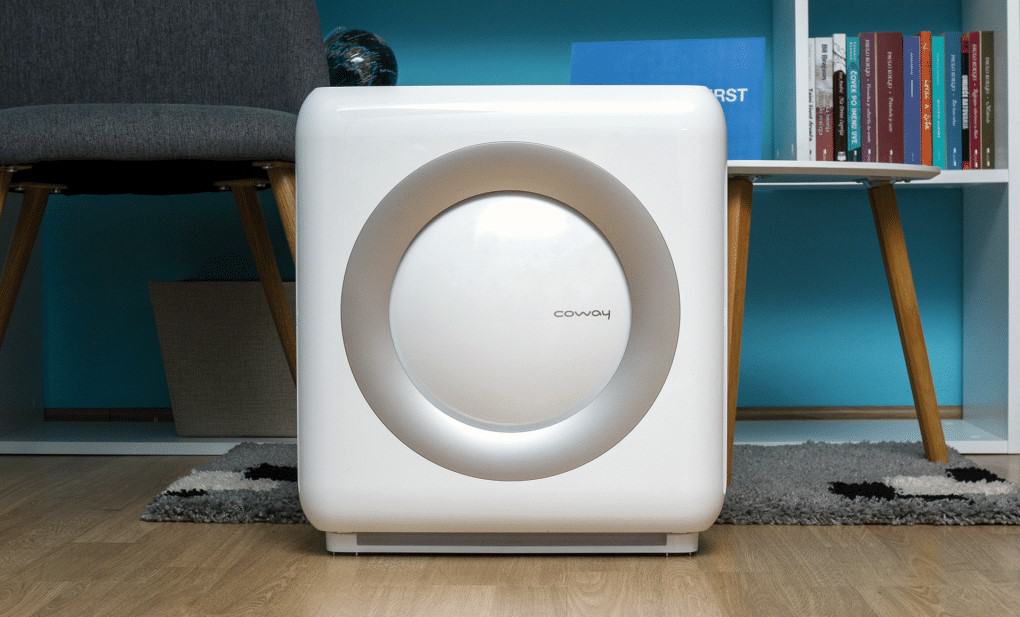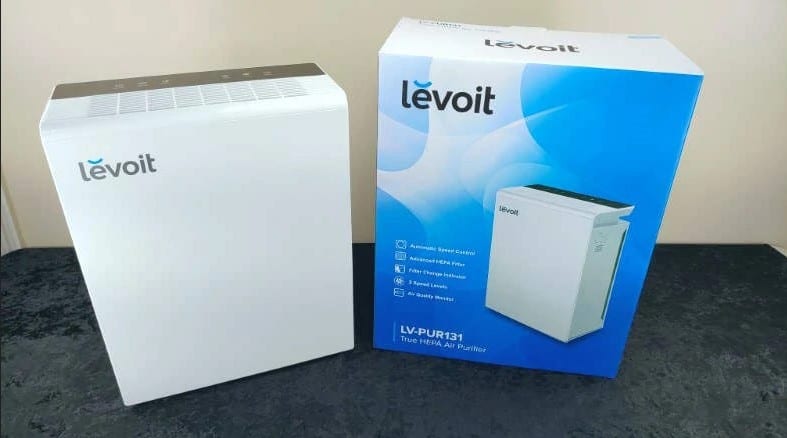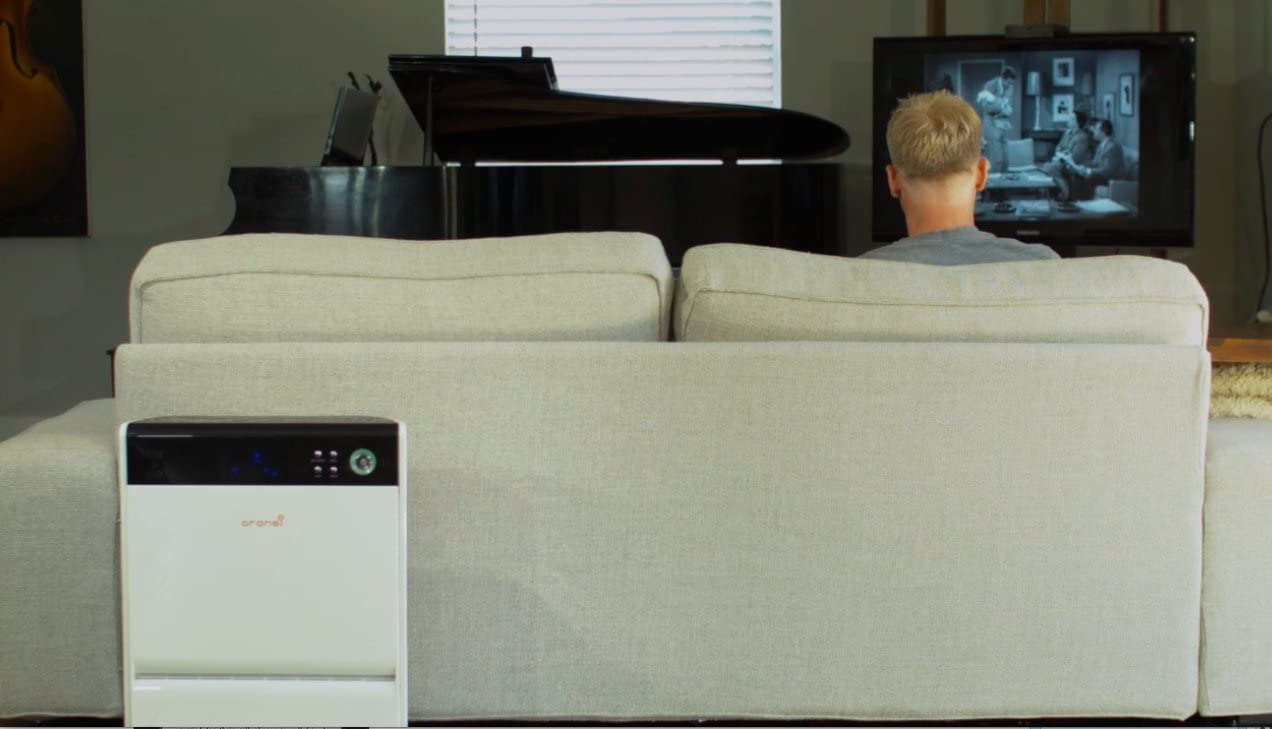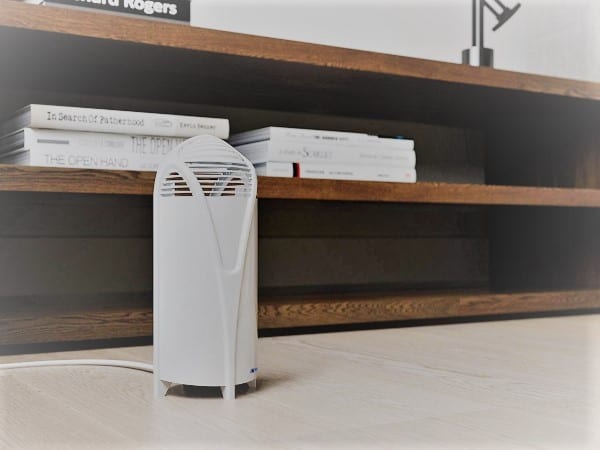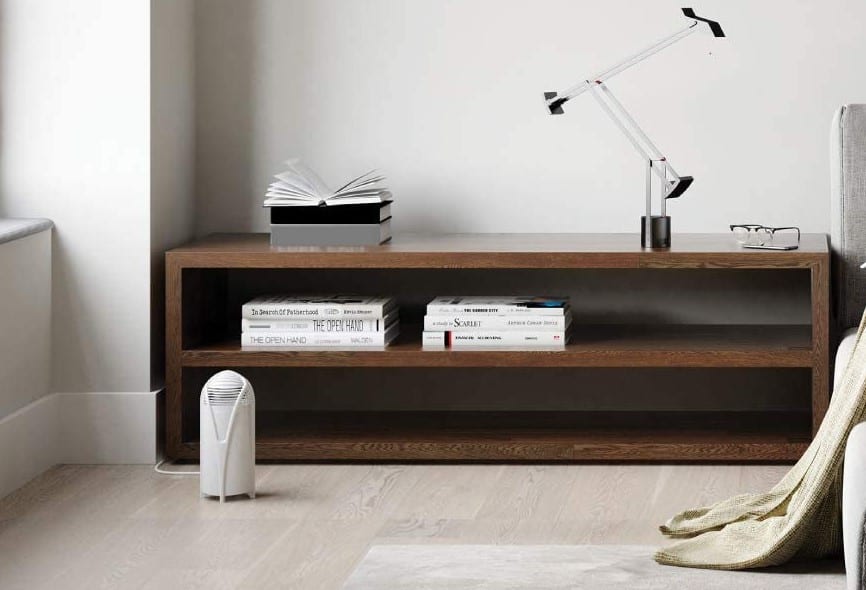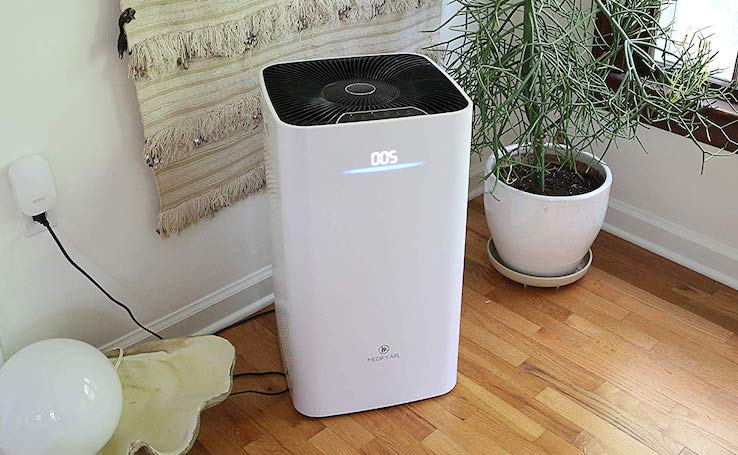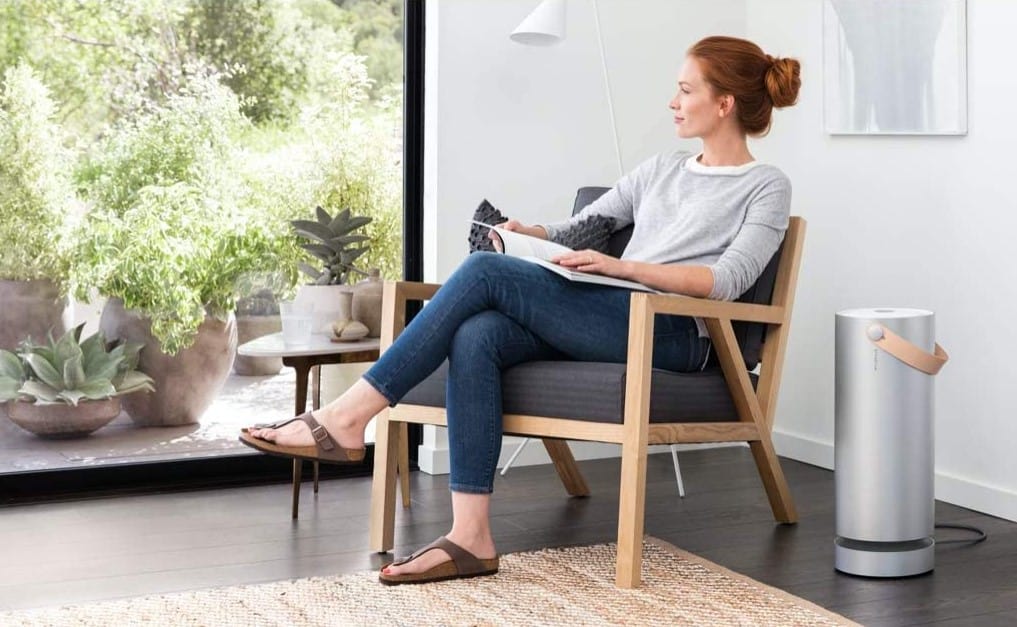When shopping around for the best air purifier vs. humidifier, like the RainMate vs New Comfort air purifiers, it’s important to know what they do and how they can help filter or remove allergens and dust, how they can release moisture into the air, or how an air purifier-humidifier combo could do both.
There are plenty of people who use humidifiers in their homes and then you have the folks that use air purifiers and dehumidifiers. In fact, some HVAC systems have them built-in already. Other people use air purifiers, and some even use both. They’re different things, however, and serve different purposes.
Application
Both devices improve the quality of your indoor air, but in different ways. They can both help people with asthma, sinus, allergies, or respiratory issues, but how they offer the relief varies.
An air purifier moves your home’s air through a filter, to clear out pet dander, mold spores, pollen, dust, and other particles. A humidifier, however, adds moisture to the air to relieve any irritation caused by dry air.
Benefits
An air purifier is excellent for people who have allergies or asthma because it can trap contaminants that cause symptoms and flares. It’s like an air washer, removing everything dirty, and leaving your air clean and breathable.
A humidifier is great for people with chronic sinus, respiratory problems, or asthma. It contains a large tank of water that helps to remove dry air and add moist air back. There are different types of humidifiers: including a cool-mist humidifier, an evaporative humidifier, and an ultrasonic humidifier.
Function
Humidifiers and air purifiers are not interchangeable. They work in different ways, and some people, like those with asthma and other respiratory issues, may benefit from having both.
Air purifiers trap bacteria, dust, allergens, smoke, pet dander, mold spores, and plenty of other particles in their filters before releasing clean air back into the home.
It sucks air into the machine and then uses a HEPA filter to draw the air through, removing contaminants as it goes. True HEPA filters are 99.97% effective. It does not add any moisture to the air when it releases it.
A humidifier adds moisture back into the air but doesn’t clean it. It releases water vapor into your room using a reservoir attached to the machine. You need to add water to the tank for it to work continually.
Whole-Home vs. Freestanding
Both air purifiers and humidifiers come in different sizes. You can get freestanding units for a particular room, or you can get whole-home units that clean your whole house. Sometimes you experience problems in only one room and don’t need a large unit.
However, there are advantages to having a whole-home unit because they are quieter, require less maintenance, and work better overall.
Best Uses
An air purifier is best for people who have allergies or get irritated by polluted air. It’s the best solution for removing pet dander, mold, odors, and other allergens. A humidifier is best for people who live in dry climates and need to make the air in their homes more comfortable. It can be beneficial for people who have sinus issues or get frequent nosebleeds.
Asthma sufferers and people with other respiratory issues may benefit from the right balance of both machines. Using them side by side in the same room makes the air in that room clean with just the right amount of humidity.e

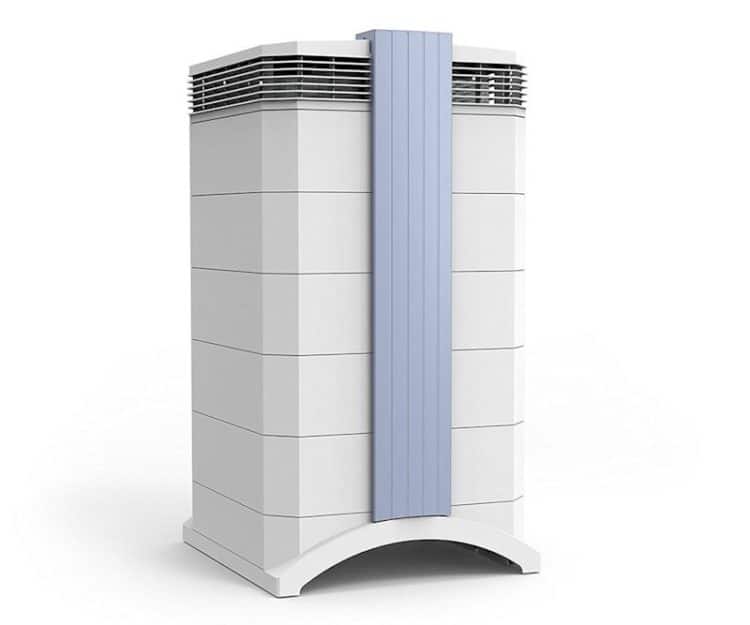













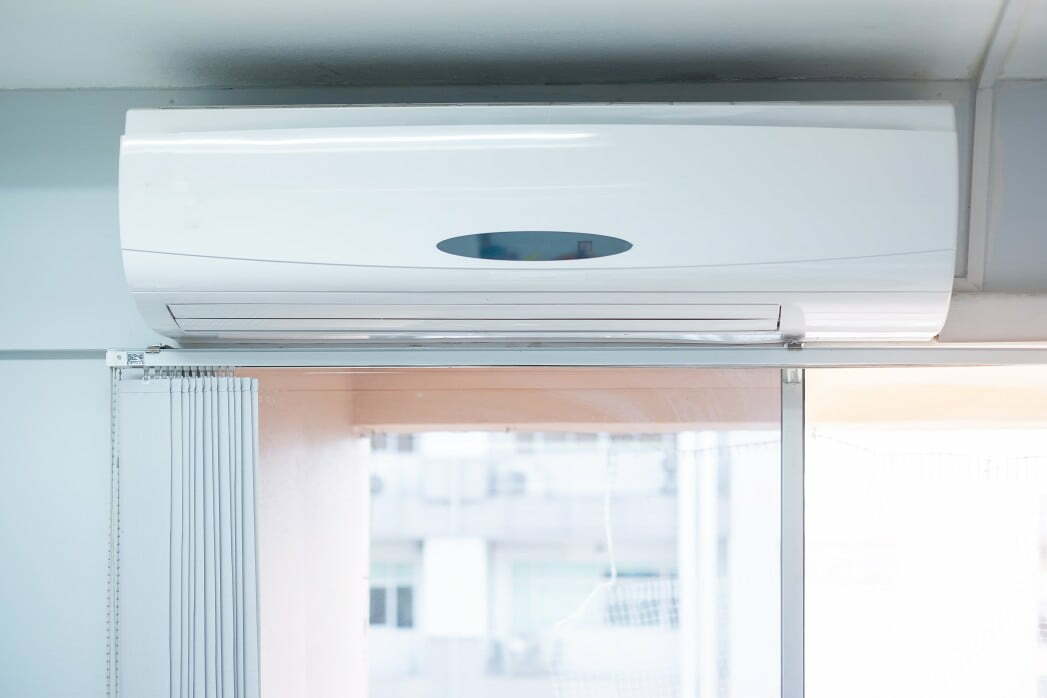
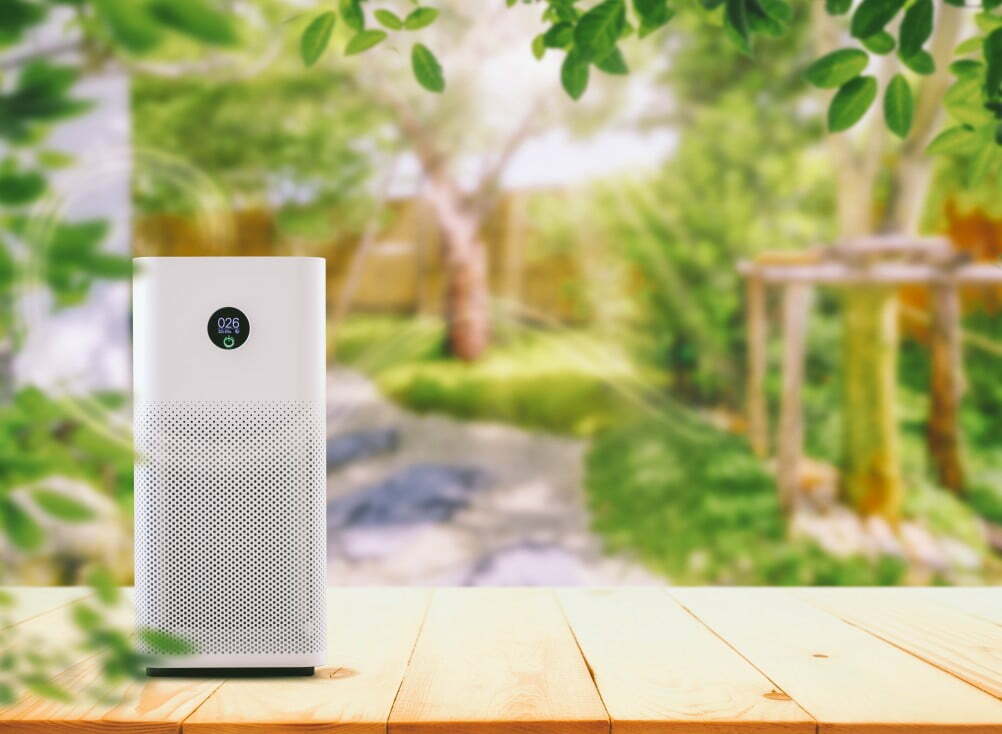
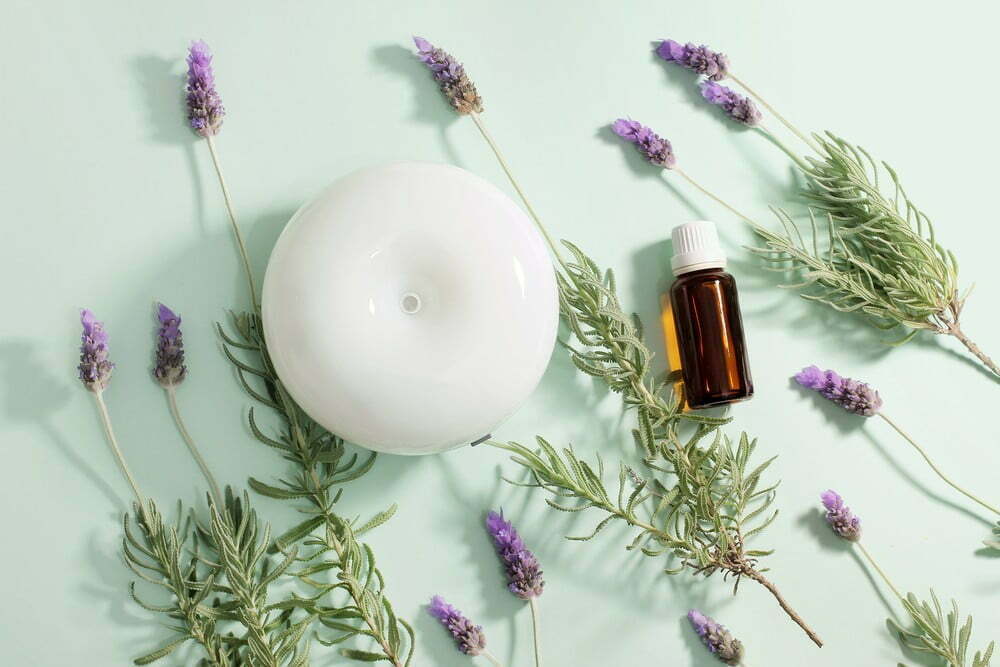
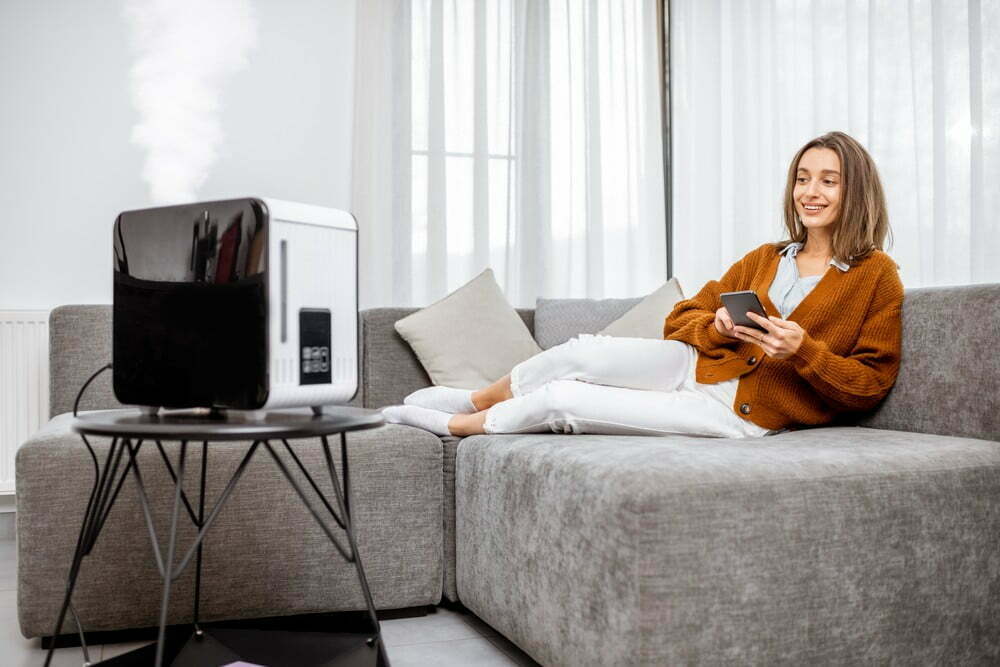
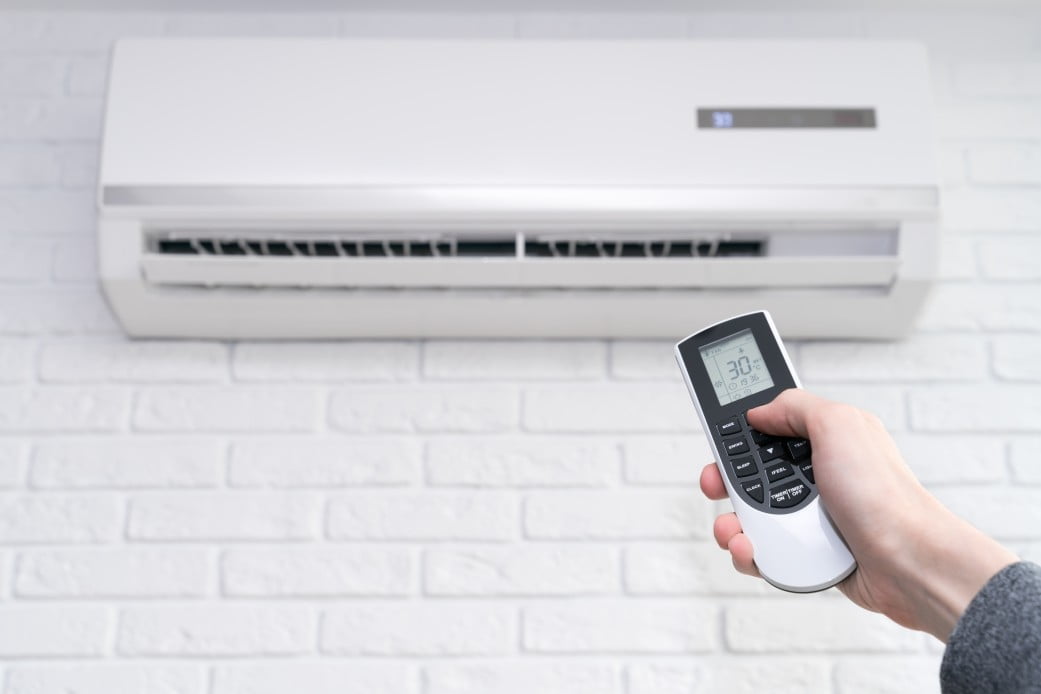
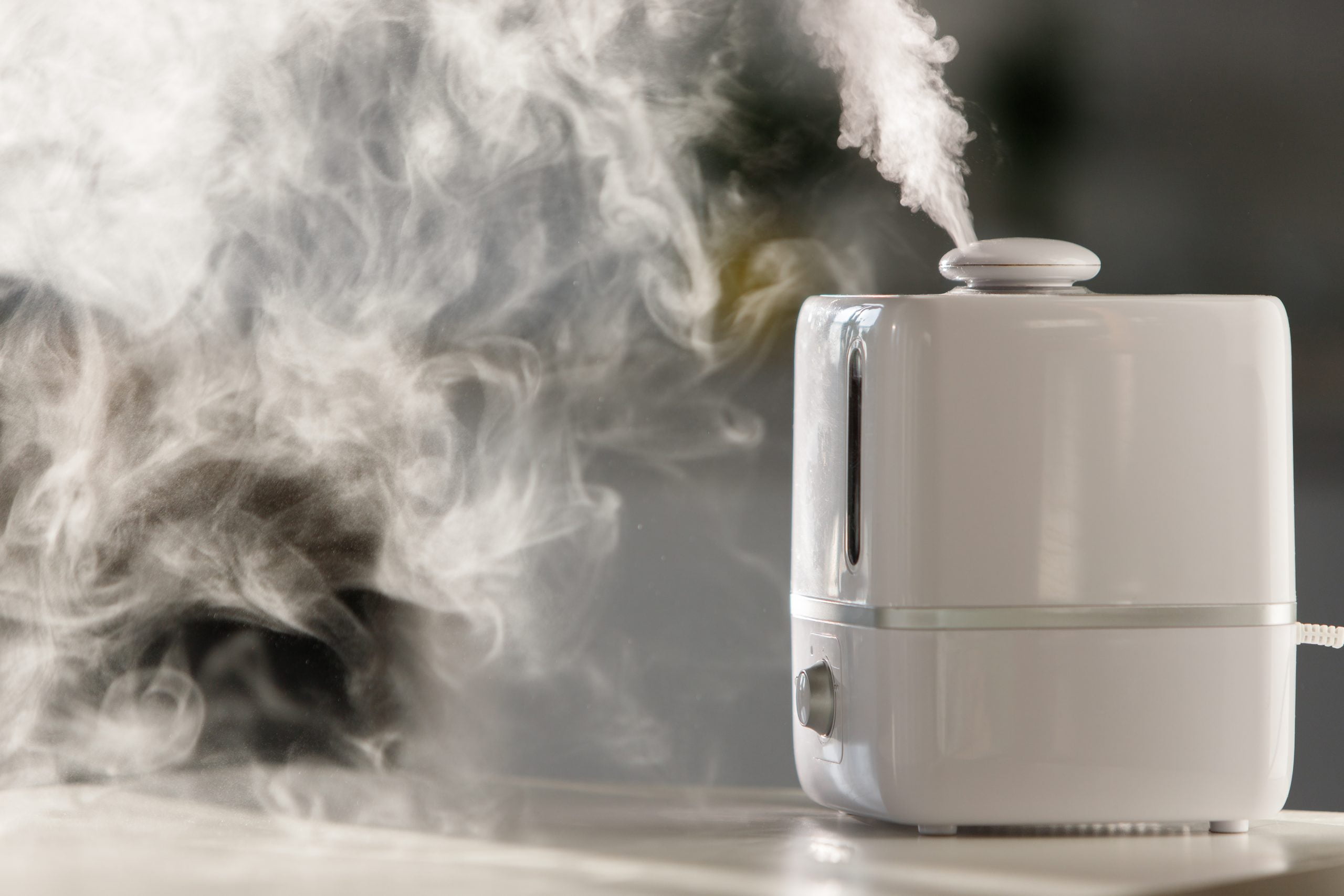
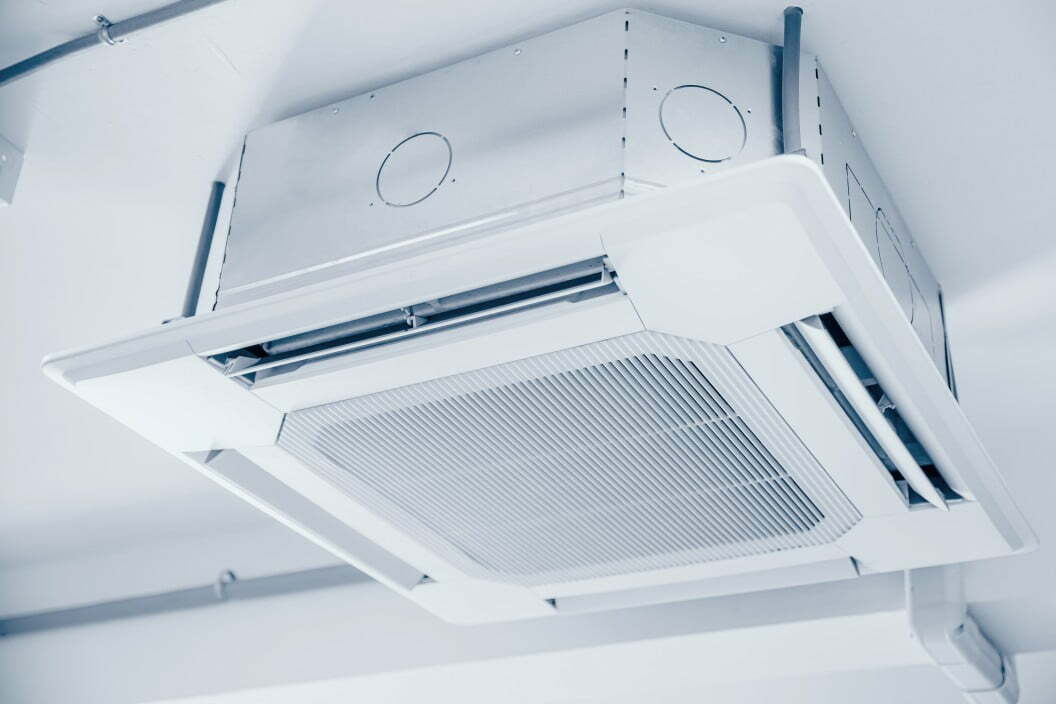
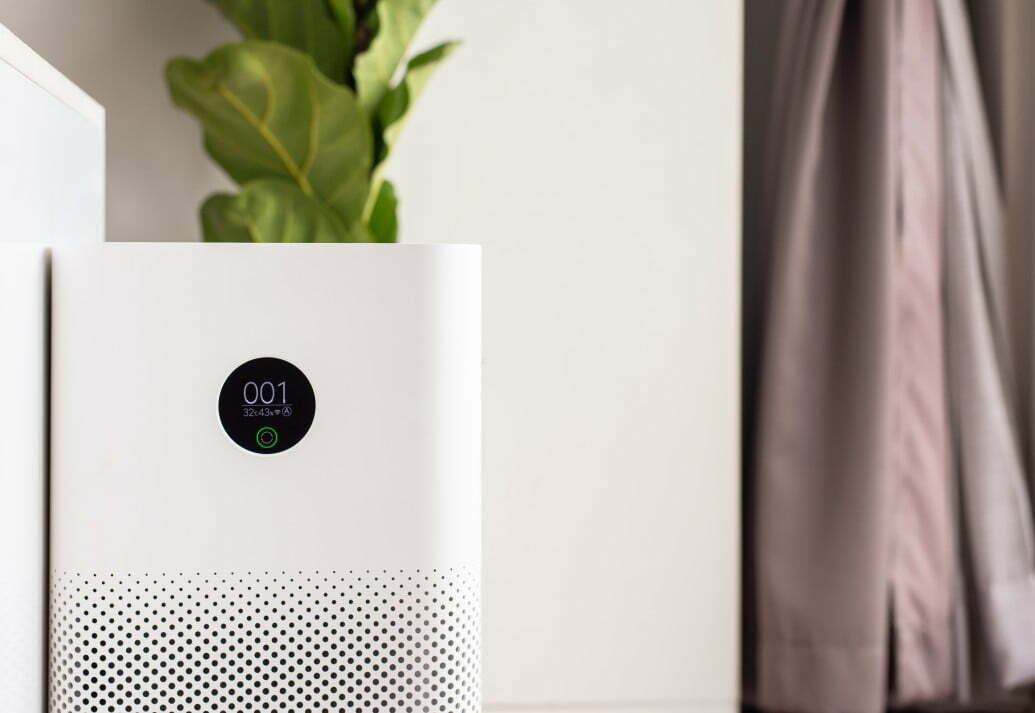
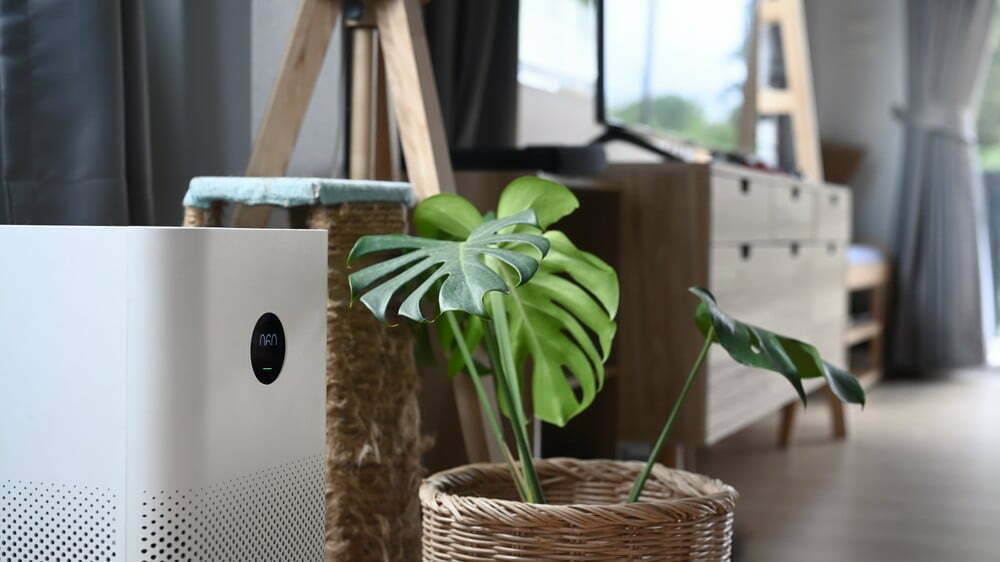
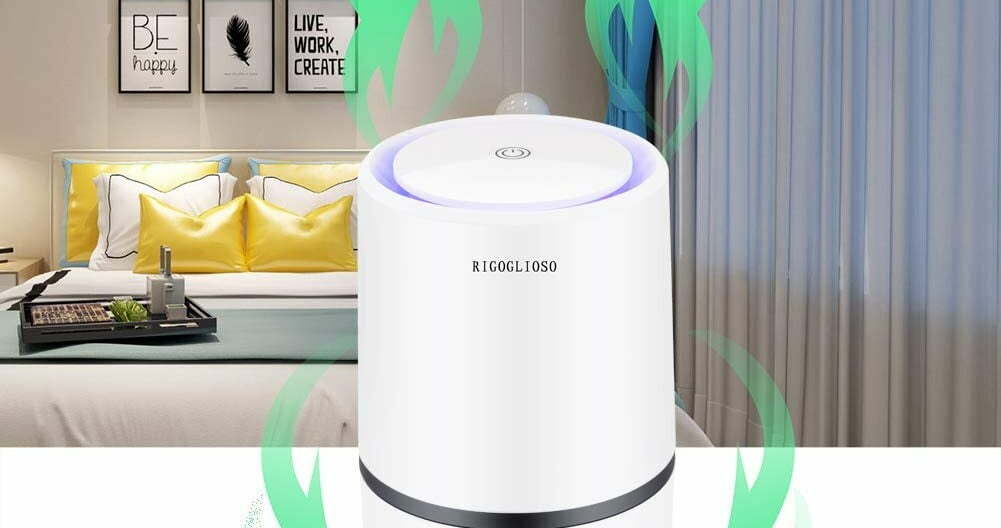
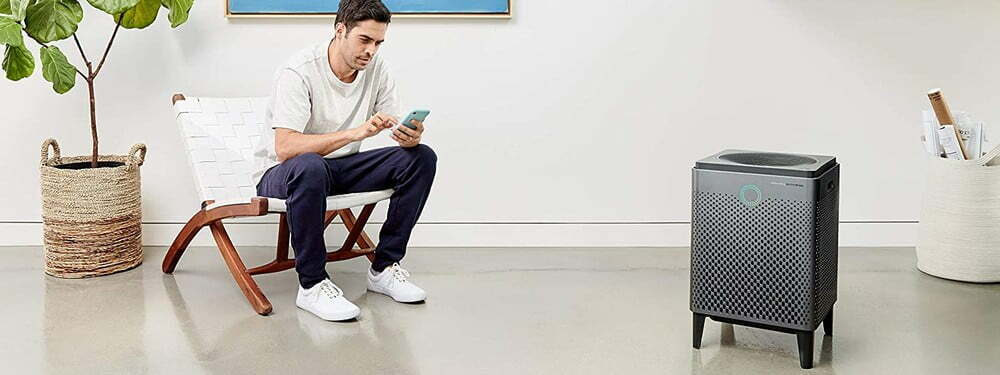
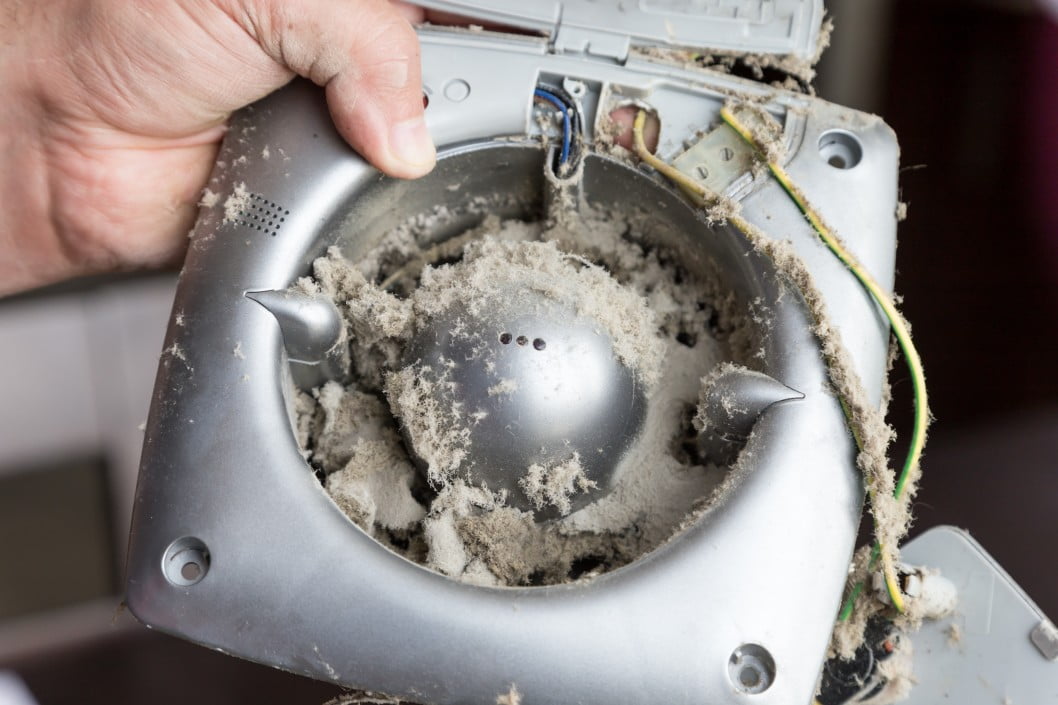
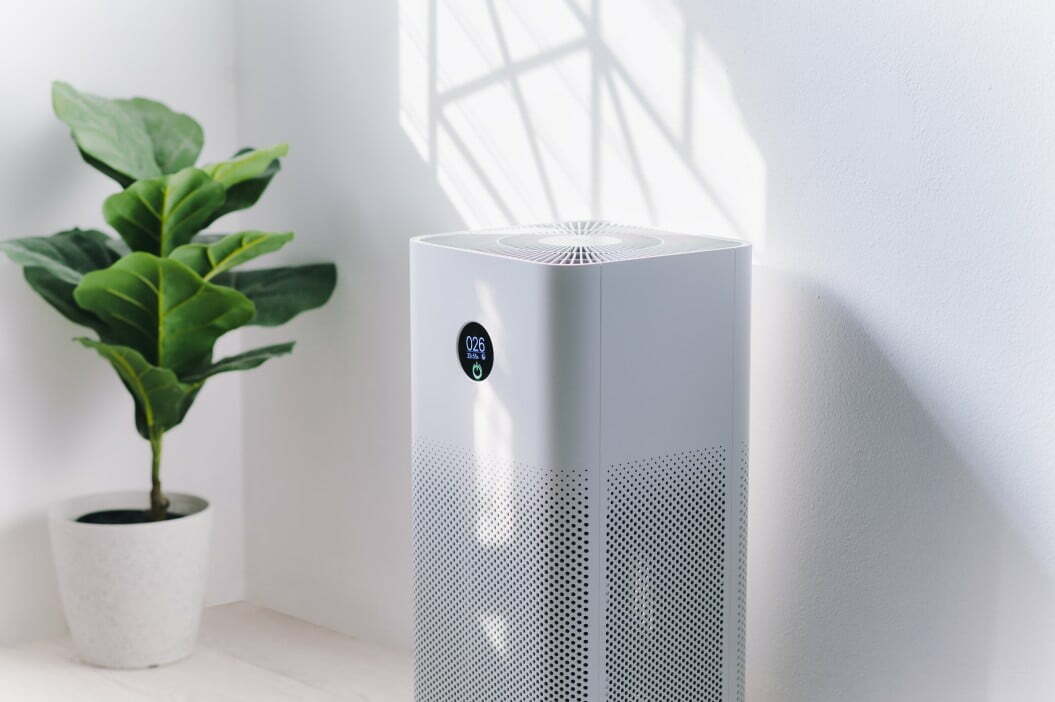
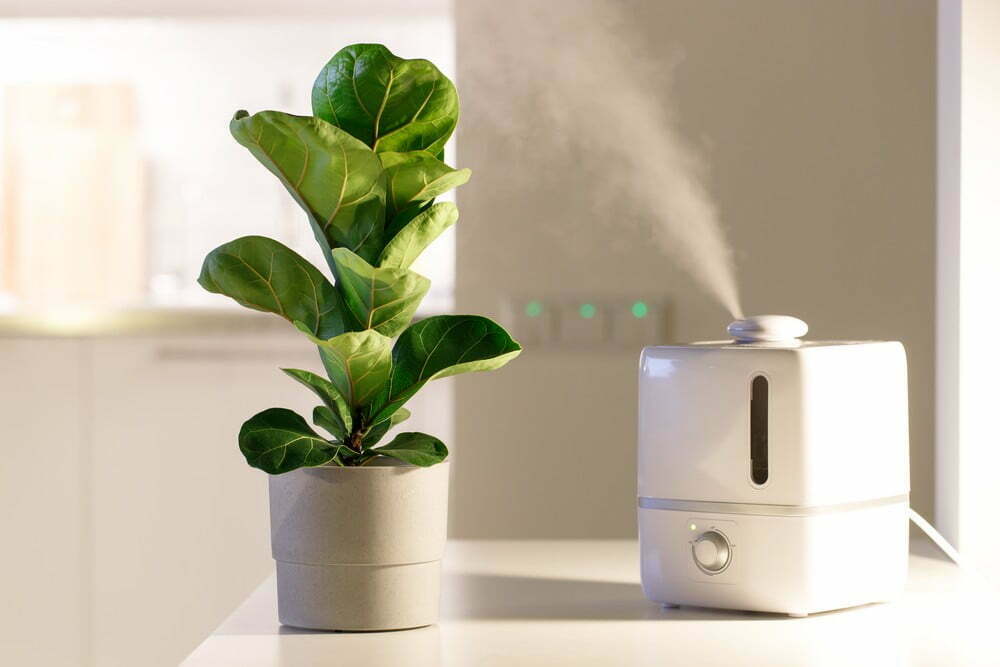
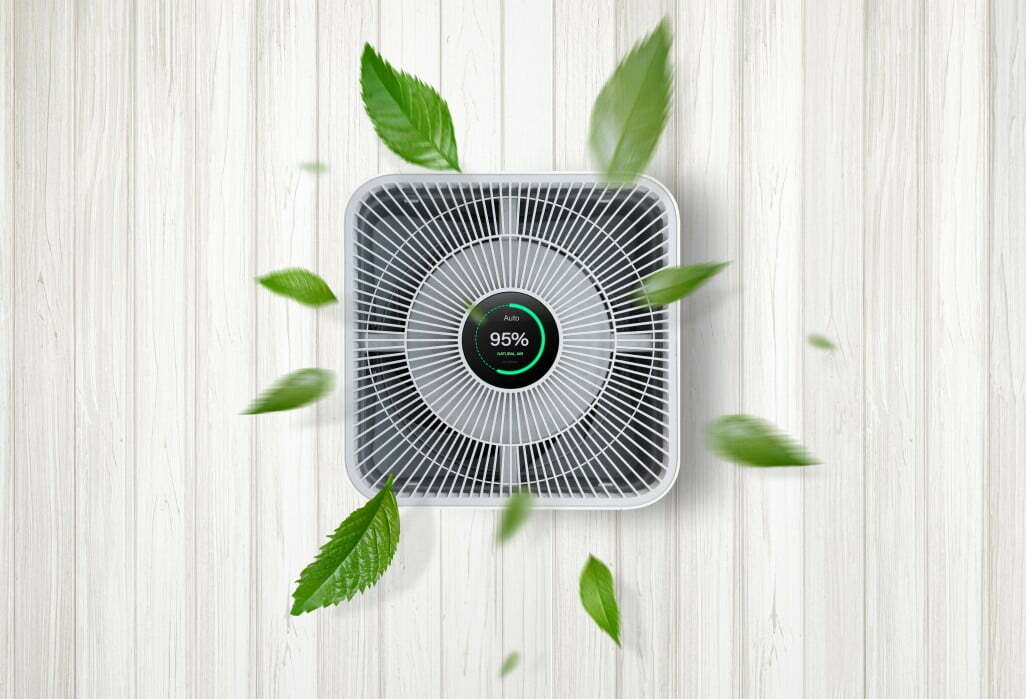
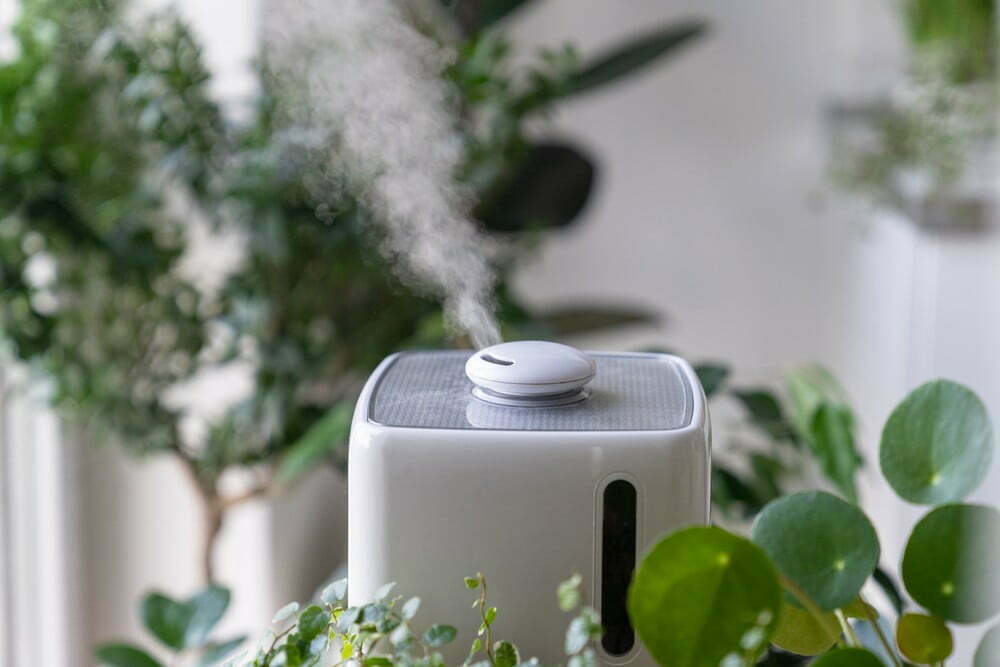
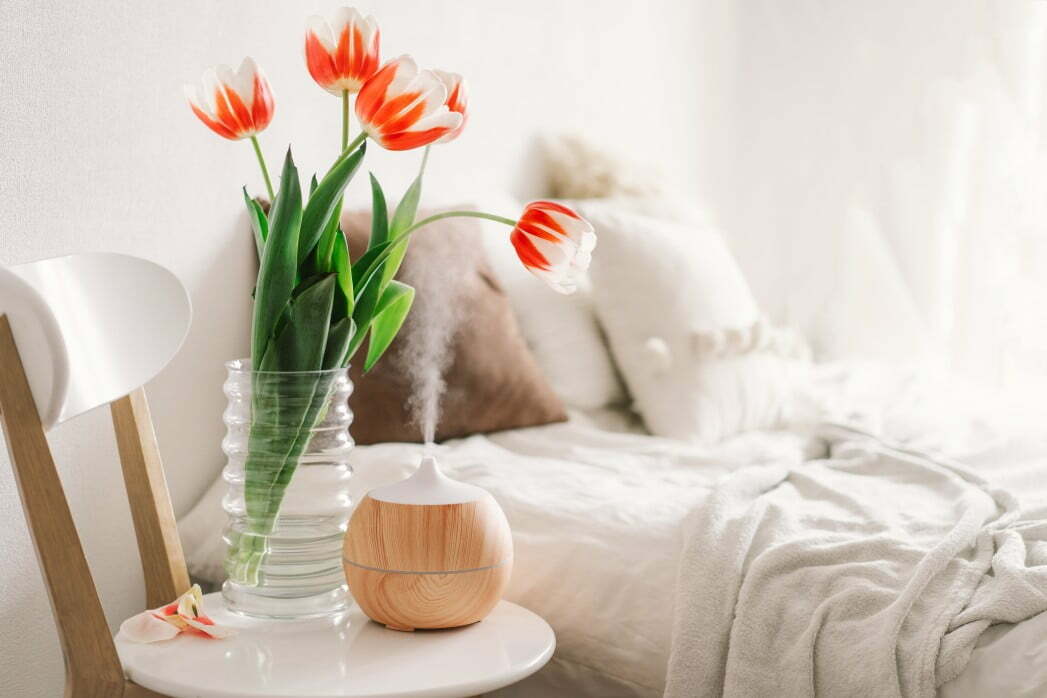
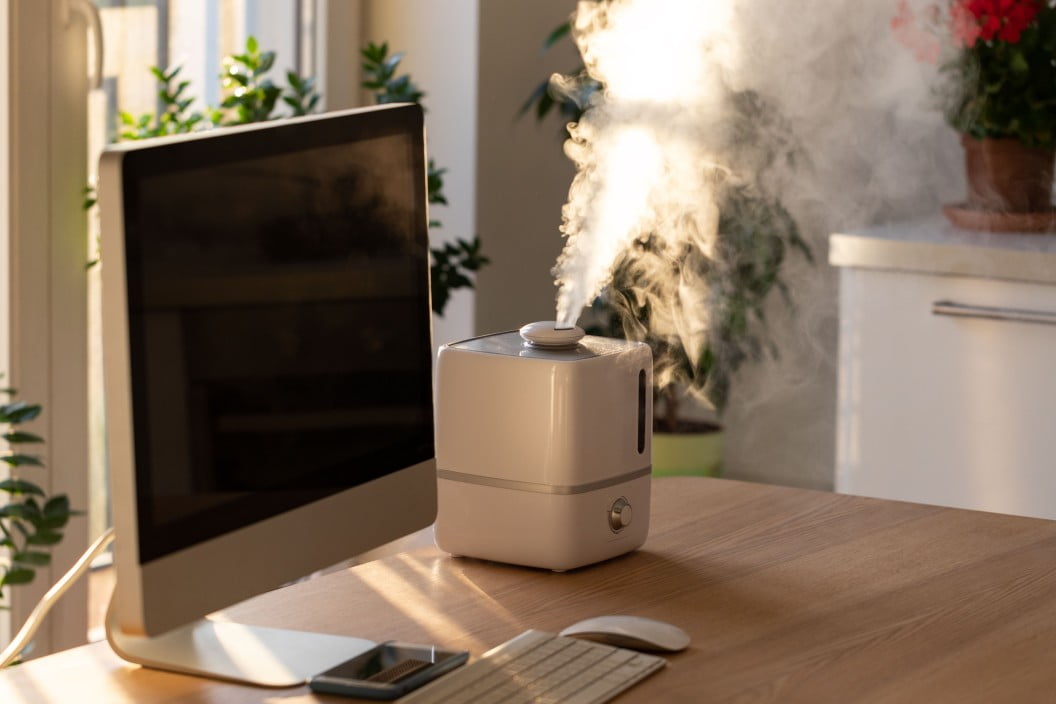
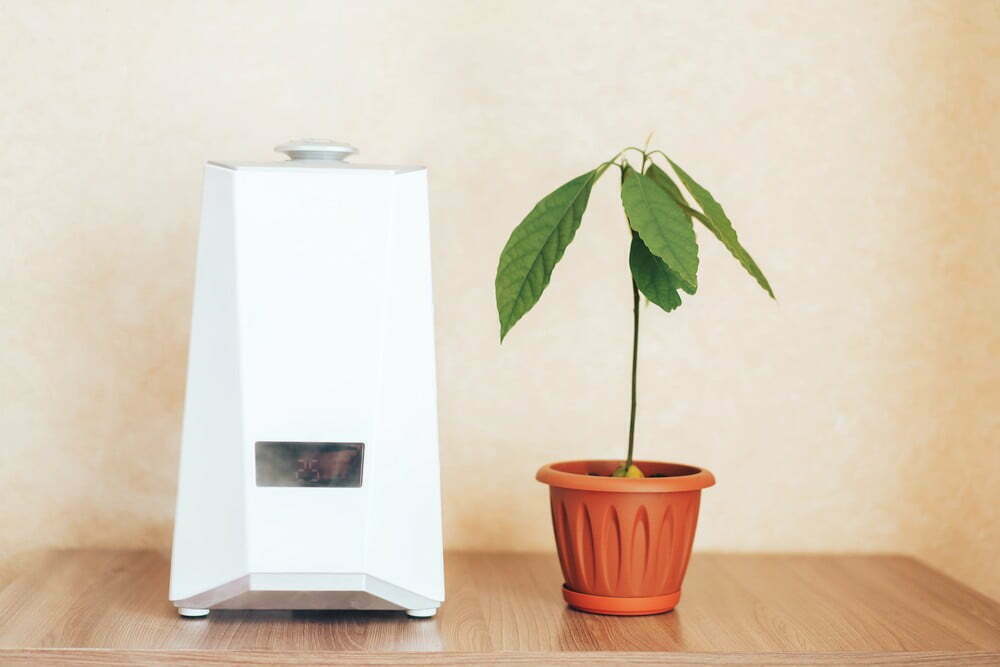
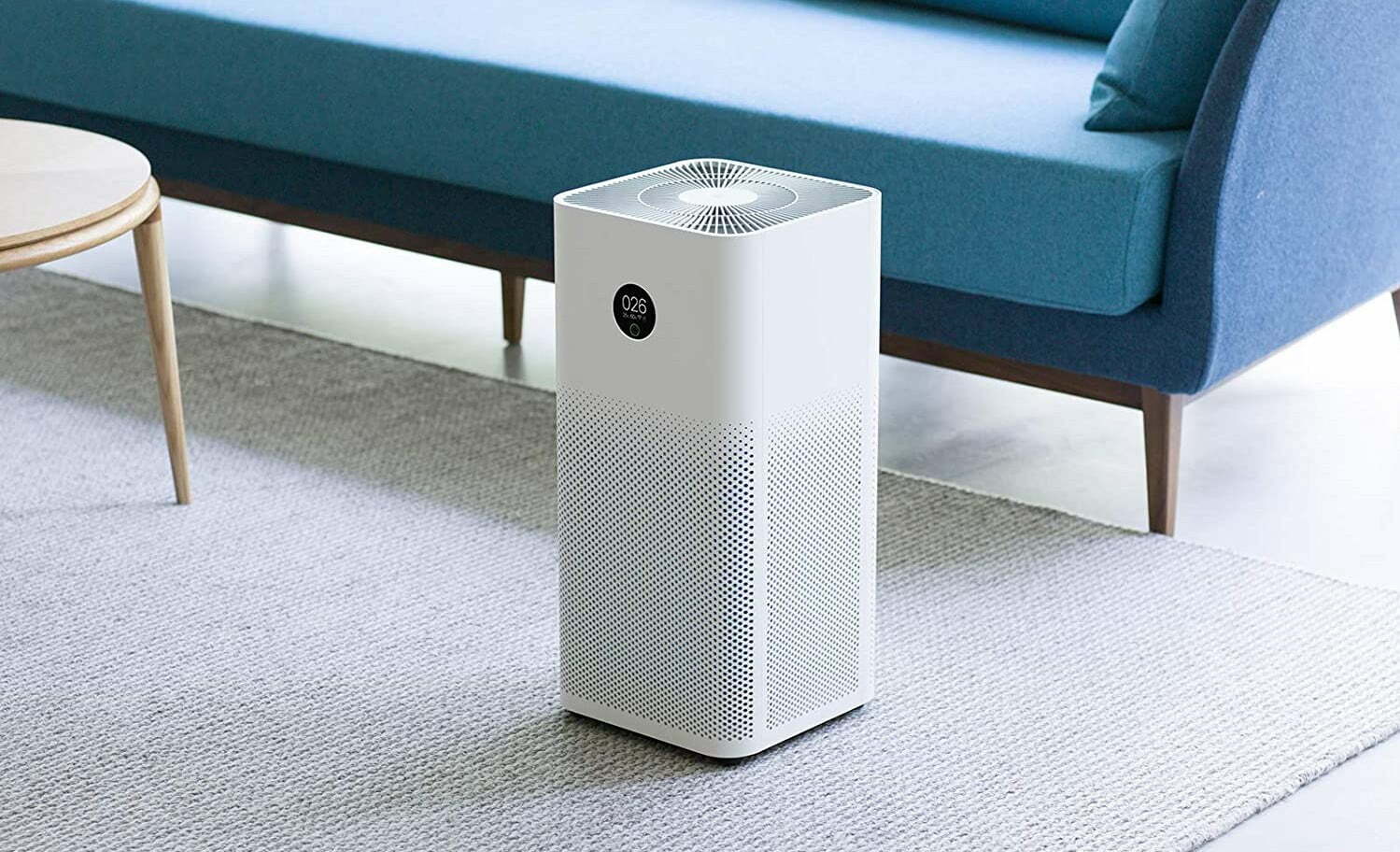
![Best Air Purifiers for VOCs and Formaldehyde in [year] 27 Best Air Purifiers for VOCs and Formaldehyde in 2025](https://www.gadgetreview.dev/wp-content/uploads/best-air-purifier-for-vocs-and-formaldehyde-image.jpg)
![Best Air Purifier in [year] ([month] Reviews) 28 Best Air Purifier in 2025 (January Reviews)](https://www.gadgetreview.dev/wp-content/uploads/Honeywell-True-HEPA-Allergen-Remover-HPA300-e1475603569442.jpg)
![Best Air Purifiers for Dust in [year] 29 Best Air Purifiers for Dust in 2025](https://www.gadgetreview.dev/wp-content/uploads/best-air-purifier-for-dust-image.jpg)
![Best Honeywell Air Purifiers in [year] 30 Best Honeywell Air Purifiers in 2025](https://www.gadgetreview.dev/wp-content/uploads/best-honeywell-air-purifier-image.jpg)
![Best Germicidal Air Purifiers in [year] 31 Best Germicidal Air Purifiers in 2025](https://www.gadgetreview.dev/wp-content/uploads/best-germicidal-air-purifier-image.jpg)
![Best Filterless Air Purifiers in [year] 32 Best Filterless Air Purifiers in 2025](https://www.gadgetreview.dev/wp-content/uploads/best-filterless-air-purifier-image.jpg)
![Best Levoit Air Purifiers in [year] 33 Best Levoit Air Purifiers in 2025](https://www.gadgetreview.dev/wp-content/uploads/best-levoit-air-purifier-image.jpg)
![Best Air Purifiers for Smoking Weed in [year] 34 Best Air Purifiers for Smoking Weed in 2025](https://www.gadgetreview.dev/wp-content/uploads/best-air-purifier-for-smoking-weed-image.jpg)
![Best Quiet Air Purifiers in [year] 35 Best Quiet Air Purifiers in 2025](https://www.gadgetreview.dev/wp-content/uploads/best-quiet-air-purifier-image.jpg)
![Best Dyson Air Purifiers in [year] 36 Best Dyson Air Purifiers in 2025](https://www.gadgetreview.dev/wp-content/uploads/best-dyson-air-purifier.jpg)
![Best Desktop Air Purifiers in [year] 37 Best Desktop Air Purifiers in 2025](https://www.gadgetreview.dev/wp-content/uploads/best-desktop-air-purifier.jpg)
![Best Air Purifiers for Dorm Room in [year] 38 Best Air Purifiers for Dorm Room in 2025](https://www.gadgetreview.dev/wp-content/uploads/air-purifier-for-dorm-room-1.jpg)
![Best Air Purifiers for Office in [year] 39 Best Air Purifiers for Office in 2025](https://www.gadgetreview.dev/wp-content/uploads/best-air-purifier-for-office.jpg)
![Best Air Purifiers for Basement in [year] 40 Best Air Purifiers for Basement in 2025](https://www.gadgetreview.dev/wp-content/uploads/best-air-purifier-for-basement.jpg)
![Best Air Purifiers For Odor in [year] 41 Best Air Purifiers For Odor in 2025](https://www.gadgetreview.dev/wp-content/uploads/best-air-purifier-odor.jpg)
![10 Best Plug In Air Purifiers in [year] 42 10 Best Plug In Air Purifiers in 2025](https://www.gadgetreview.dev/wp-content/uploads/best-plug-in-air-purifier-image.jpg)
![10 Best Whole House Air Purifiers in [year] 43 10 Best Whole House Air Purifiers in 2025](https://www.gadgetreview.dev/wp-content/uploads/best-whole-house-air-purifier-image.jpg)
![10 Best Large Room Air Purifiers in [year] 44 10 Best Large Room Air Purifiers in 2025](https://www.gadgetreview.dev/wp-content/uploads/Coway-Airmega-200M-Large-Room-Air-Purifier-900x900-1.png)
![10 Best UV Air Purifiers in [year] 45 10 Best UV Air Purifiers in 2025](https://www.gadgetreview.dev/wp-content/uploads/best-uv-air-purifier.jpg)
![10 Best Smart Air Purifiers in [year] 46 10 Best Smart Air Purifiers in 2025](https://www.gadgetreview.dev/wp-content/uploads/best-smart-air-purifier.jpg)
